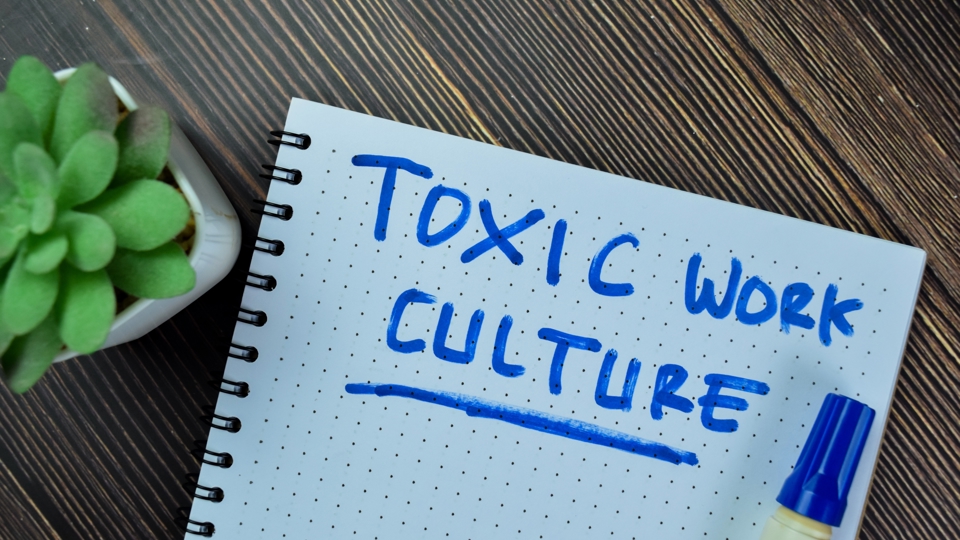Four legal workplace culture dangers — and how to fix them

The topic of workplace culture in the legal sector has been surveyed and spoken about, but the real conversations often take place in private, among those still climbing the ladder.
The Workplace Culture in the Legal Sector white paper shared that 68% of those surveyed have a ‘formal values framework’ for their workplace, but the real question is: are firms actively enforcing and advocating for these values? Here are four common challenges when it comes to workplace culture and how we can tackle them.
1) Better flexible working arrangements
Times have changed dramatically since the pandemic and people crave a level of work-life balance. They value being able to log on outside of conventional work hours to better balance parental responsibilities, or being able to request a condensed four-day work week to suit them better.
“In my last role I had to drop a day but because I don’t have any dependents, it felt really awkward,” says an associate who works in professional negligence and wishes to remain anonymous. “I had a lot of questions from the senior people on my team but I really felt for my mental health and wellbeing I couldn’t sustain that job full-time. Financially it added a lot of pressure but it was a lot more balanced and I had more time to switch off.”
2) Support from the top down
As a new generation of lawyers enter the workforce, expectations and experiences change and ultimately their work environment has to set them up for success. This means understanding when trainees are being overworked or given unreasonable deadlines.
“Partners are still very stuck in their ways. If they had a tough time when they were qualifying to become a lawyer, it’s almost like a rite of passage and they expect the younger generations to also go through the same,” the professional negligence associate adds.
It’s time to break the cycle when it comes to toxic work patterns and harsh treatment.
3) Connecting with colleagues
Maria Joannou is a solicitor at ITV and talks about the importance of micro connections and embedding intention into daily interactions: “Strip things back. Genuine micro connection and communication is needed. For example, when you walk out the door, you say hello to the postman. We’re social beings and we require that for wellness and connection. In the same way, if someone is junior on your team, have a quick five-minute conversation and check in to see how they are, and maybe give a bit of feedback back and forth.”
Victoria Pigott, partner at Mishcon de Reya, echoes this in the white paper: “It’s vital to get to know your team – be interested in them and their lives outside of work. Every team is made up of a variety of people with different lives and family set-ups, contrasting interests and quirks.”
4) Too much focus on professional achievements and accolades
When we think of prestigious careers, a lawyer is one of them. With this prestige, however, comes a constant need to achieve and gain reputable status among peers. Chamber rankings are considered a mark of excellence within the legal sector but can also cause a never-ending rat race to the top.
“I really dislike the Chamber rankings and the competition it breathes,” says an associate who works in financial litigation and wishes to remain anonymous. “People drive themselves a bit crazy about who’s a rising star, but what does it even mean? It’s quite a poor judge of how well you’re actually doing and leaves people to be easily labelled in a certain way.”
While recognition for achievements is important, we can’t make it all about one thing and lose sight of the bigger picture.
Written by Priyanka Jain, a freelance writer and founder of Love Your Company.





